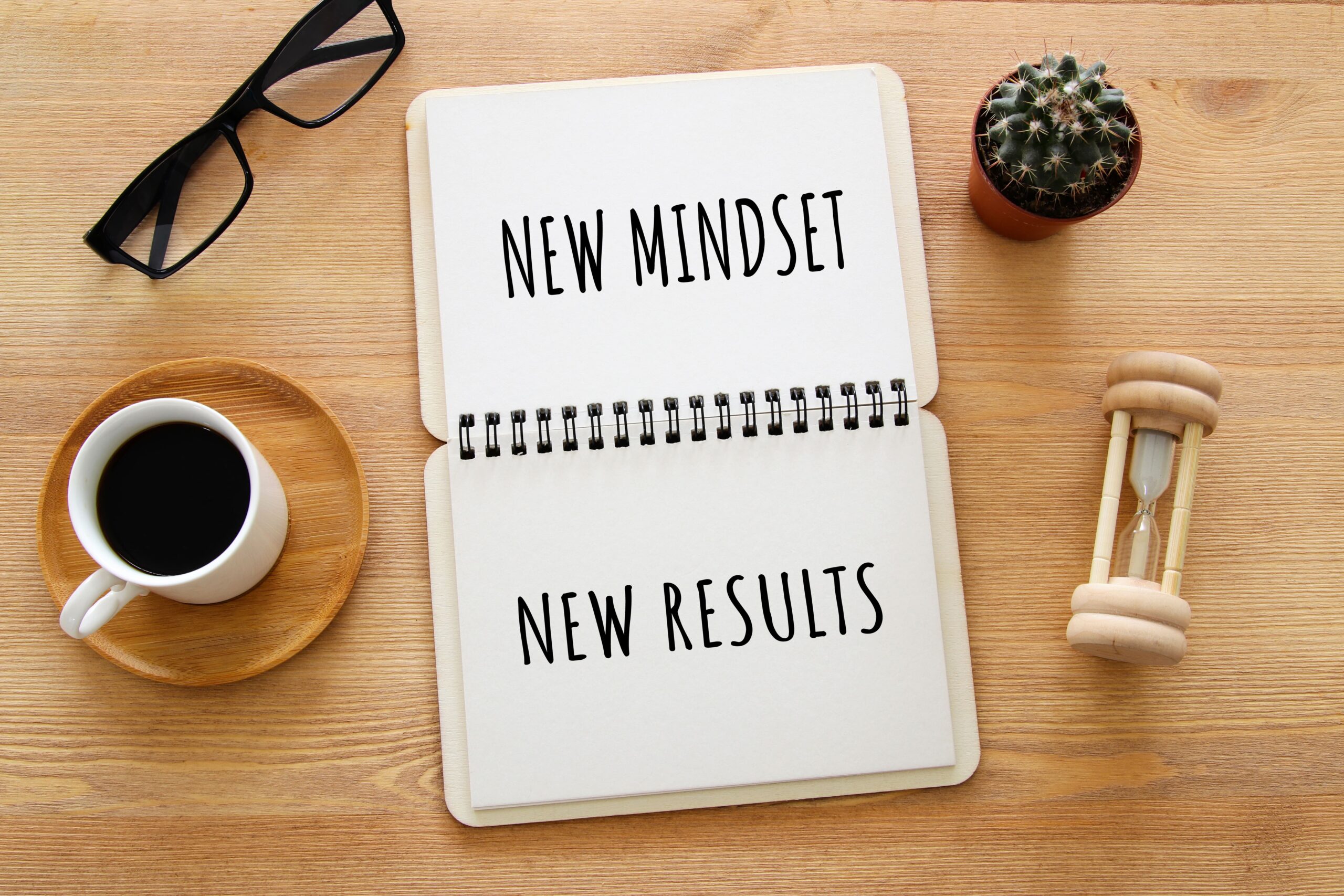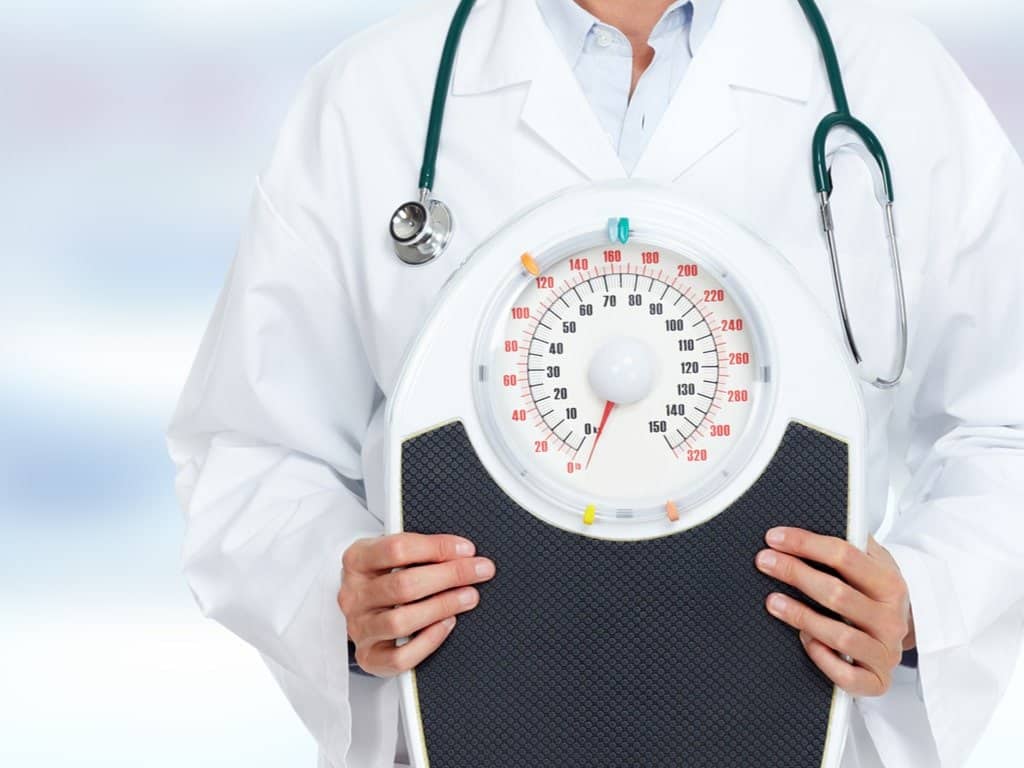Your holiday survival guide when going through recovery
The holiday season can be SO overwhelming. From the packed social schedule, to reconnecting with people you haven’t seen in ages, to the pressure to find the perfect gift – it’s a lot! With many of the celebrations centred around food, the anxiety that many people face is only exacerbated for those struggling with an eating disorder.
Since we know what a challenging time of year the festive season can be, we wanted to share four of our best tips and tricks to help you get through it unscathed – and maybe even with a little merriness and joy!
Have a plan to navigate challenging conversation topics
One of the biggest anxieties for many of our clients around this time of year is seeing family and friends who may not understand their eating disorder and their challenges around food and body image. So it’s good to be prepared for the unfortunate reality that is the potential for someone to say something upsetting or triggering.
You might like to pre-plan for this before the day by sending a message to your family group chat or asking a close and trusted family member to chat to the other people on the guest list on your behalf.
However, in the situation that an uncomfortable conversation or comment is made, there are a few things you can do. But first, assess the situation – do you feel safe to speak up to this person? And if so, do you have the emotional capacity in that moment to call this person in to help them to understand your experience?
If you answered no to either of these questions, that’s okay! You can still protect yourself and your mental health by ignoring them, changing the subject or leaving the room.
If you answered yes to both of these questions, you might want to initiate a conversation around why what they’ve said has upset you, how it has made you feel, and what would be helpful in the future. It can be useful to pre-prepare a few statements to help you to get your point across with thoughtfulness and compassion.
For help with this, check out our two-part blog series about how to respond to diet talk. You can find Part 1 and Part 2.
It might be uncomfortable but it doesn’t mean you’re being rude or disrespectful by initiating these kinds of conversations! Remember that you can be kind while also setting boundaries for your own wellbeing
Beware of holiday-focused diet culture
Despite it feeling like diet culture couldn’t get any worse, it somehow amps up around the new year. This is the most popular time for new diets and exercise resolutions, and conversations seem to revolve around “detoxing” from the indulgence of the holiday season. Ugh!
We’re here to say that the festive season is no different from any other time in that there is no place for diet culture at the table (or anywhere else really!). Regardless of what you ate yesterday, you still need to eat today and you do not need to compensate in any way.
Importantly, make sure not to fuel your eating disorder by skipping meals or snacks to “save room” for holiday meals; this is a sure-fire way to end up feeling excessively hungry, uncomfortably full, and unnecessarily stressed. Keep up your regular and adequate eating, and when in doubt, follow the lead of a family member who has a healthy relationship with food.
Make a backup plan in case things go pear-shaped
When feeling overwhelmed, it can be near-impossible to think about what will be helpful in bringing you back down to a sense of calm. Because of this, it’s vital to make a plan about how to cope before you get to that space. As part of this, it might be helpful to answer the following questions:
Who can you call or text when things feel challenging? This list might include family members, friends, or your area’s mental health support service. For example, Beat UK have a helpline and webchat that will be operating over the holiday period, which you can access.
Where can you go to have some space? While having the support of others is invaluable, sometimes all you need is a bit of alone time to relax and regroup. Think about where you might be able to go to take a breather if you need to, such as your bedroom, the backyard, a local park, or even just sitting in the car.
What can you do to soothe yourself? This could be activities like a mindfulness or meditation practice, a gentle stroll, yoga session, reading a book, listening to music or a podcast, having a cup of tea, taking a bath and so on. Whatever helps you to feel grounded and more like yourself again!
The pessimist in you might worry that making an emergency plan means you are expecting yourself to fail; however, it actually means you are setting yourself up for success! Experiencing challenges is not a failure, but an opportunity to strengthen your recovery by learning more about your triggers and coping strategies.
Food is important but it’s not everything
The festive season can feel like a never-ending and terrifying conveyor belt of food. However, while food is important, it’s not everything!
Instead, the holiday season is about love, connection, celebration and making memories. Try to turn your attention to what is really important to you.
And lastly, give yourself permission to eat all types of food – not because they’re off limits the rest of the year, but because they have the ability to foster these warm and fuzzy feelings.
For more tips and tricks for coping with Christmas in recovery, check out our Instagram live recording with Priya Tew (our newest EHL dietitian!).
Karli Battaglia, APD
EHL Team x














